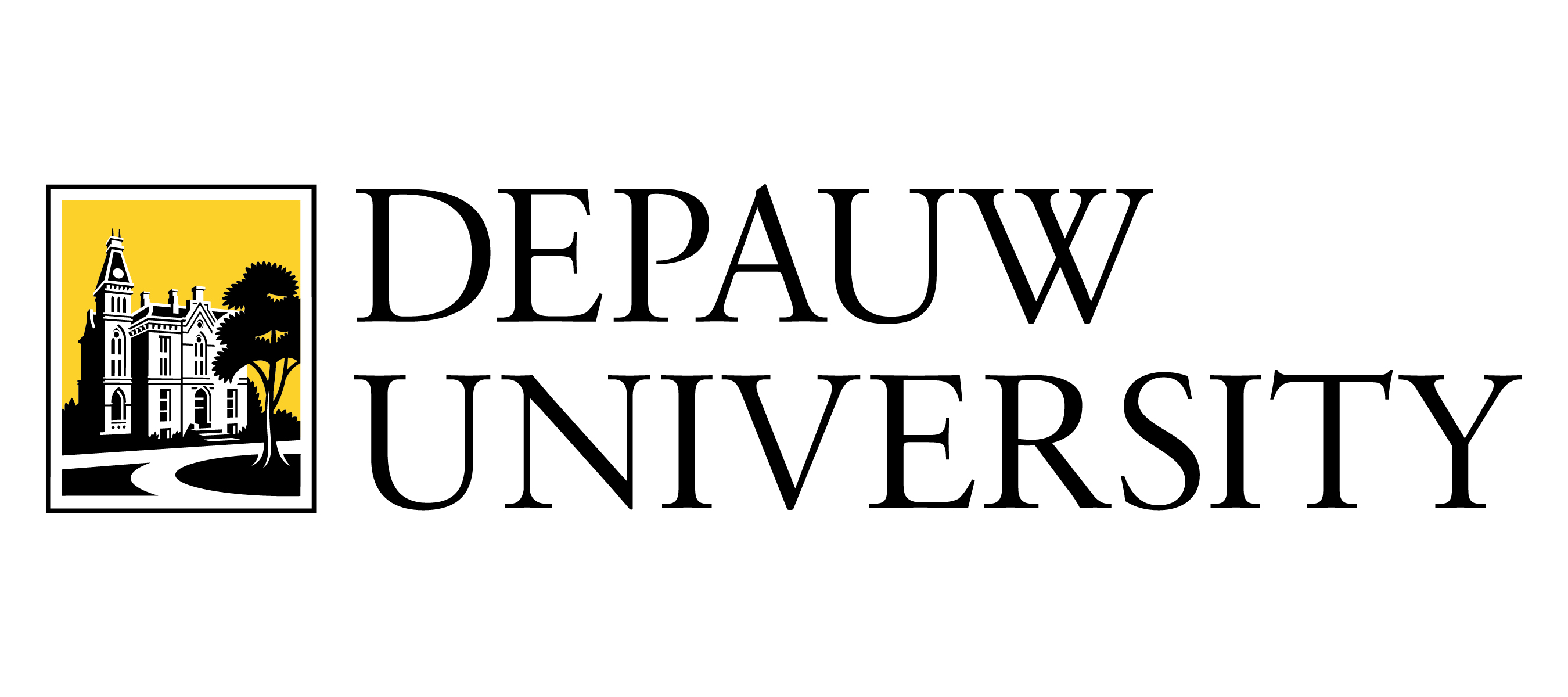Document Type
Syllabus
Publication Date
Spring 2024
Course Description
Creative nonfiction, like fiction or poetry, is a genre of creative writing. As such, it uses the tools of the creative writer: figurative language (similes, metaphors), dialogue, flashbacks, scenes, frames – in short, tools that increase the dramatic effect of a piece of writing. Various types of creative nonfiction exist: personal essays, articles, travel accounts, profiles, memoirs and narrative histories. Creative nonfiction is a genre that contains subgenres, and you will write in several of these subgenres. Not every Introduction to Creative Writing course covers creative nonfiction, so we will read quite a bit to gain a sense of the genre and its possibilities. Class discussions over the reading material should provide insight into your own writing options. But, as a writing course, much of our class time will be spent workshopping the written work of your peers. Not everything you write will be workshopped; some projects you will want to keep fairly private. However, we will utilize the workshop for two of the five projects. Creative nonfiction tends to be misunderstood, even though it has grown in popularity and scope. My main objective in this course is to expose students to the genre and give them practical experience writing it. It should be important to you, as a writing major, to know that creative nonfiction writing is probably the easiest to sell, simply because more of it is published. We will work in class to understand the business of writing, and you will write query letters to learn how to sell your writing ideas.
Recommended Citation
Schwipps, Greg, "ENG 321A Creative Nonfiction Workshop Schwipps Spring 2024" (2024). Course Syllabi. 388, Scholarly and Creative Work from DePauw University.
https://scholarship.depauw.edu/records_syllabi/388



Student Outcomes
By the end of the semester, students will be able to:
1. Practice advanced writing techniques in the respective genre in the workshop, including fiction, poetry, creative nonfiction, playwriting or screenwriting.
2. Give and receive constructive feedback utilizing the workshop method.
3. Revise their own work based on the feedback they receive, leading to a stronger final product.
4. Develop a professional portfolio of their writing, showcasing their growth as a writer and their ability to produce high-quality work in their chosen genre.
5. Understand professional standards and practices in their chosen genre, such as formatting guidelines, submission procedures, and collaboration techniques.
6. Engage with guest speakers, such as writers, editors, and/or publishers, who can provide insights into the field.